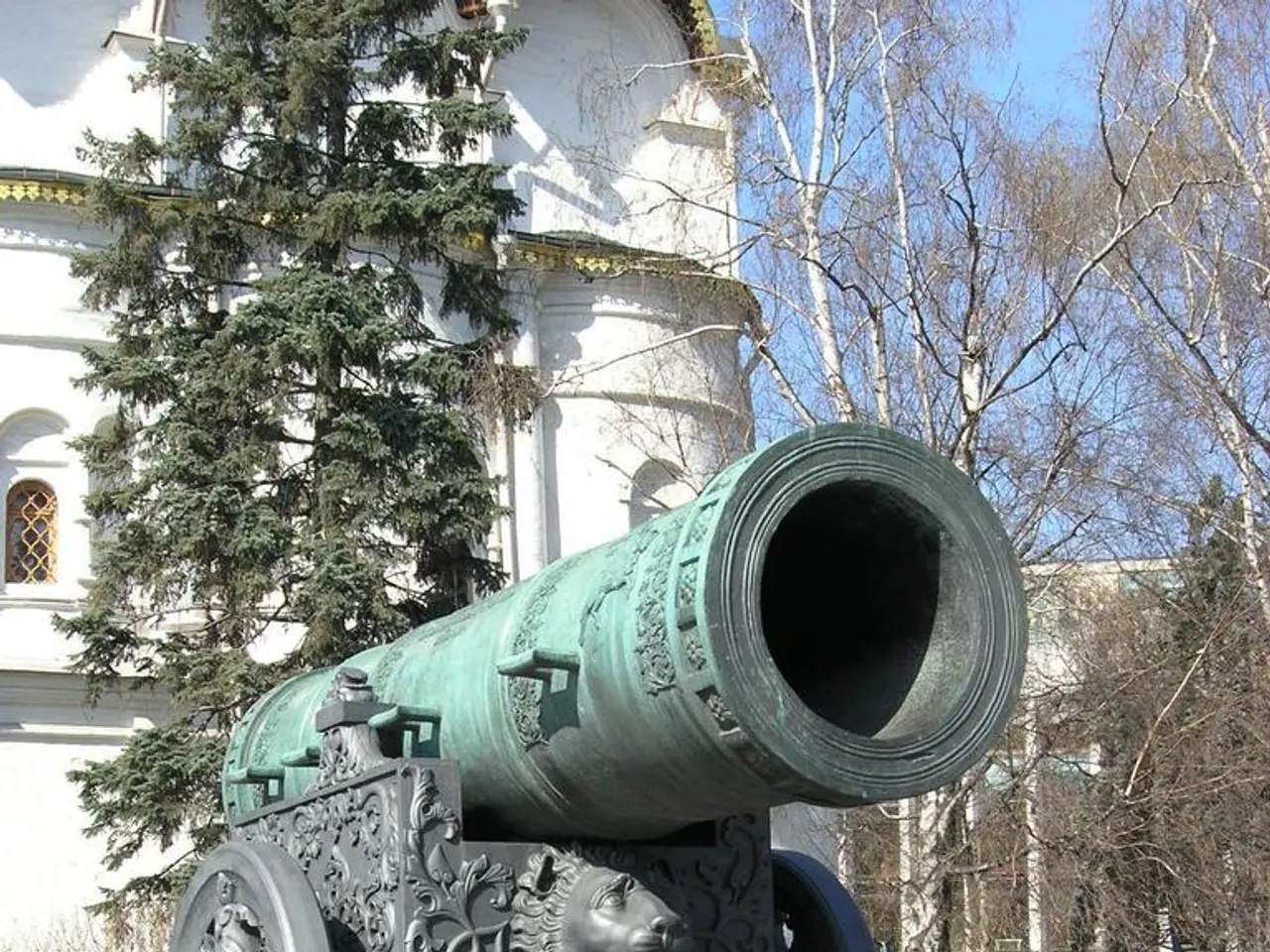NATO faces a nuclear threat from Slutsky over plans to eliminate Kaliningrad
In a significant escalation of the ongoing dispute between Russia and NATO, Russian officials have warned that they will respond with reciprocal measures, including those stipulated in their nuclear doctrine, if NATO were to attack the Kaliningrad region. This stark warning was issued by Leonid Slutsky, the chairman of the international affairs committee of the Russian State Duma, who stated that an attack on Kaliningrad would be considered an attack on Russia itself.
The Kaliningrad region, a strategic territory sandwiched between NATO member states, has been a source of contention for some time. Its military significance is underscored by its role as a crucial land corridor, known as the Suwalki Gap, which connects Kaliningrad to Belarus and is vital for maintaining Russia's military presence in the Baltic region.
According to Russia's nuclear doctrine, the use of nuclear weapons is permissible in response to certain threats, including when the very existence of the state is under threat. This doctrine implies that Russia could resort to nuclear weapons if it perceives a threat to its sovereignty or territorial integrity, a possibility that has raised concerns globally.
In addition to a potential nuclear response, Russia might also mobilize its military forces, including those in Kaliningrad, to defend its territory and interests in the region. The situation could lead to a significant escalation in diplomatic tensions, potentially involving other countries and international organisations.
Furthermore, Russia might target NATO military installations or strategic assets in response to an attack on Kaliningrad, aiming to deter further aggression. General Christopher Donahue, commander of the U.S. Army in Europe and Africa, stated that NATO and its partners have the means to swiftly suppress the defense system of the Kaliningrad region. However, Andrei Kolesnik, a deputy in the State Duma and member of the defense committee representing the Kaliningrad region, disputes this assertion, stating that NATO does not have the capability to carry out plans against the Kaliningrad region.
The threat of nuclear retaliation serves as a deterrent against NATO actions that could be perceived as threatening Russia's security. The Eastern Flank Deterrence Line, an initiative implemented by NATO, aims to strengthen military cooperation and improve technical standards within the alliance. In response, Russia is updating its databases and missile complexes as part of its own efforts to bolster its defense capabilities.
Despite these tensions, Andrei Kolesnik, a prominent Russian politician, has expressed confidence in Russia's ability to defend the Kaliningrad region, suggesting a level of confidence that contradicts General Donahue's opinion about NATO's ability to quickly eliminate Russian armed forces in the area. This discourse between Russia and NATO serves as a reminder of the ongoing geopolitical tensions and the importance of maintaining open lines of communication to avoid any potential miscalculations or misunderstandings.
War-and-conflicts and politics are at the forefront as the ongoing dispute between Russia and NATO escalates, with Russian officials threatening reciprocal measures, including those outlined in their nuclear doctrine, if NATO were to attack the strategic Kaliningrad region. General news outlets also cover the potential military response from Russia, including the mobilization of forces in Kaliningrad and targeted attacks on NATO military installations or strategic assets.








